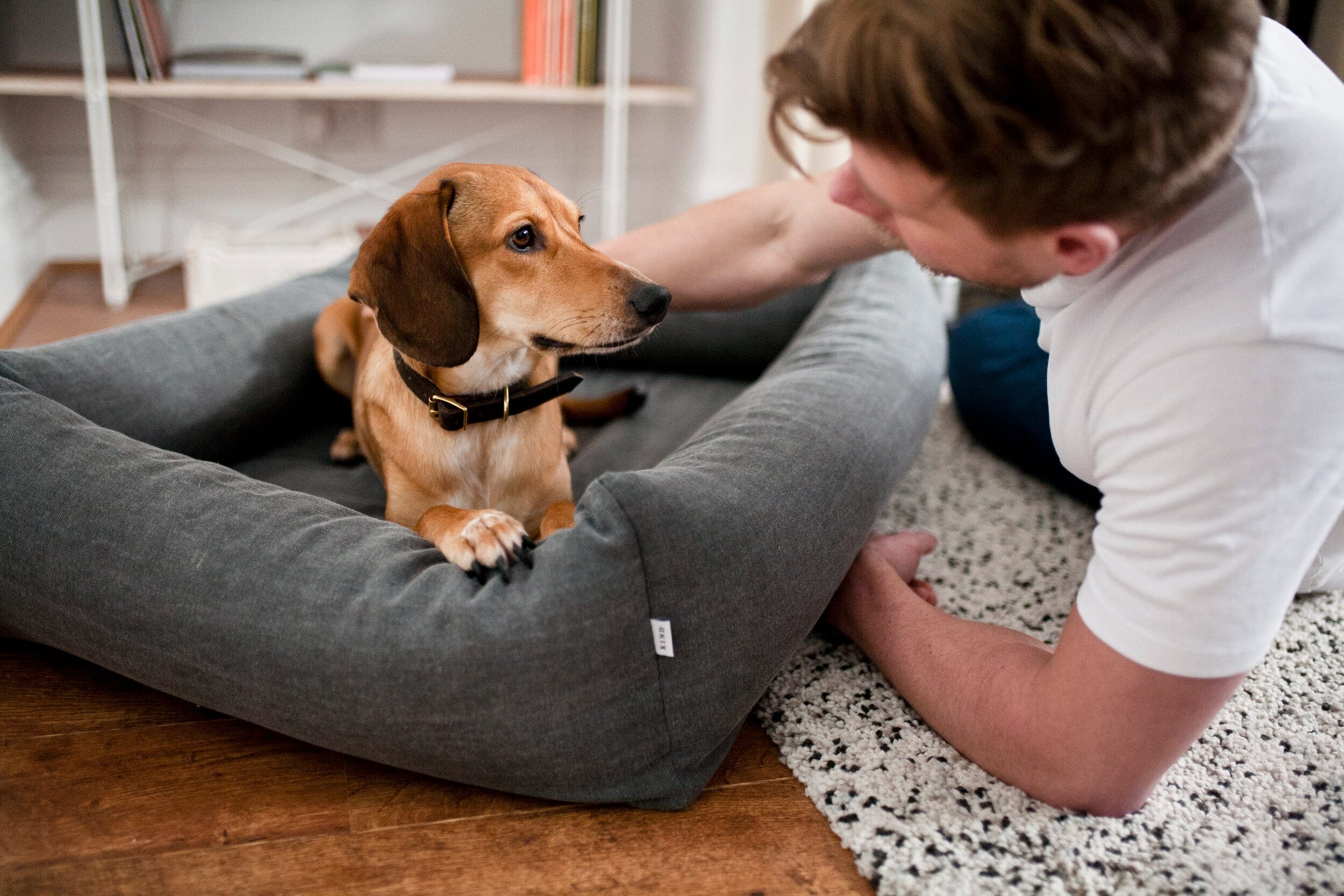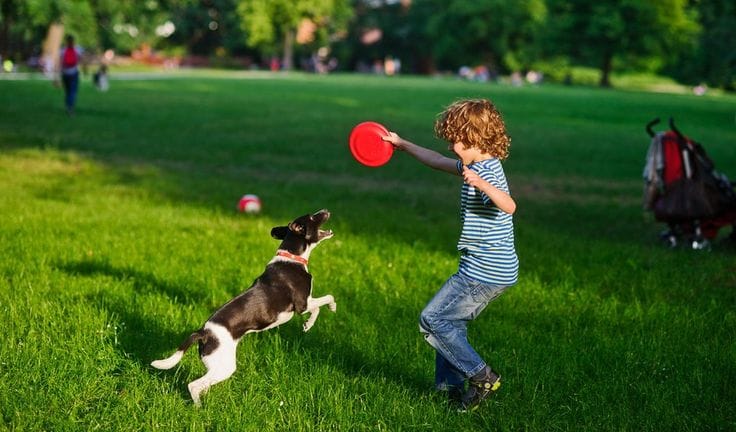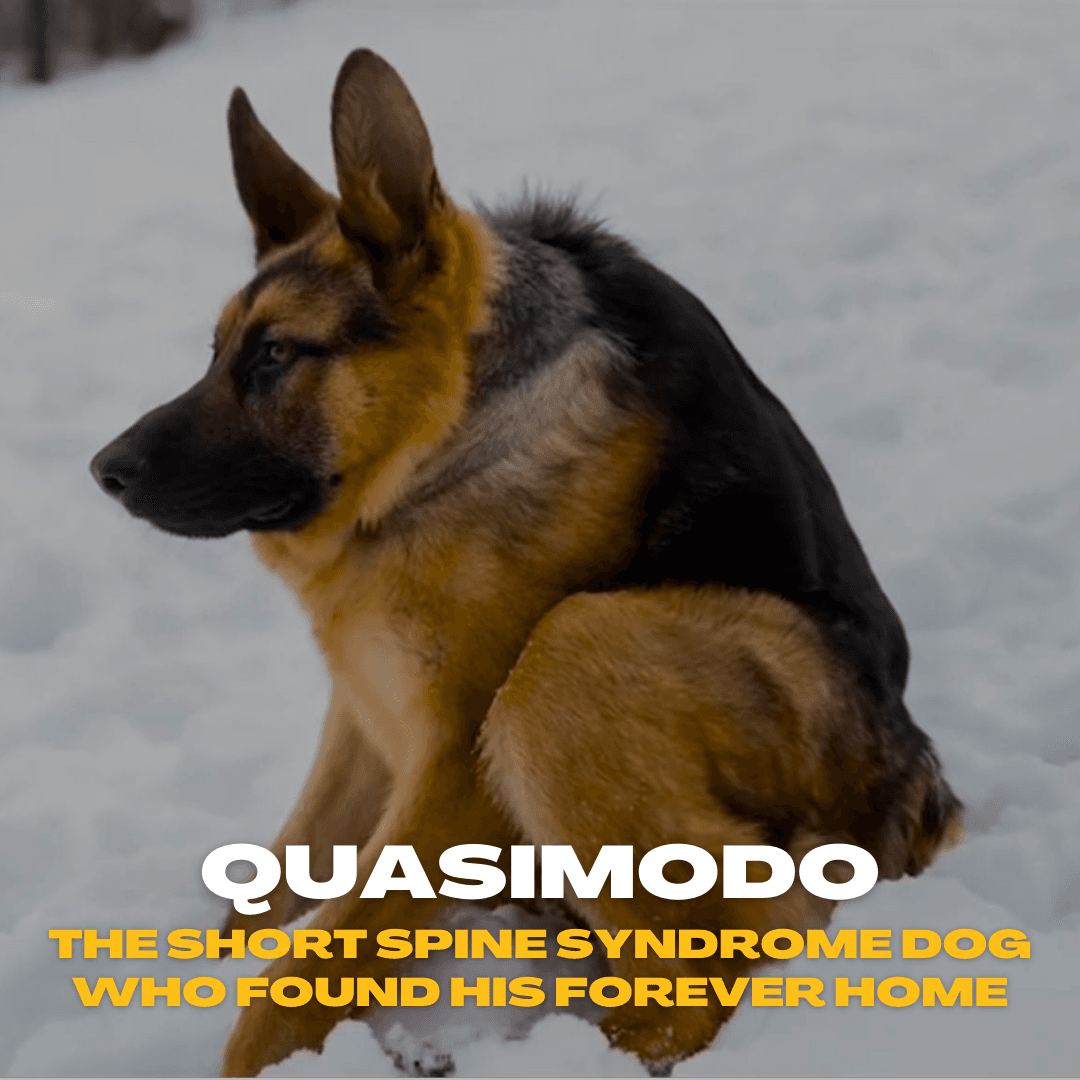A peaceful night’s rest is essential for your dog’s health, and these dog sleep tips can make all the difference. If your dog is restless at night, it can lead to problems with their energy, mood, and even behavior. In this article, we’ll walk through six simple steps to improve your dog’s sleeping habits and create a calm, comfortable environment for better sleep.
Establish a Consistent Sleep Routine
Consistency is key when it comes to dog sleep. Just like humans, dogs thrive on routine. Setting a consistent bedtime and wake-up schedule can help regulate your dog’s internal clock. This is especially important for young puppies or older dogs who might be more sensitive to changes in their daily routine.
Tip: Establish a calming pre-bedtime ritual, like a short walk or some light playtime, to help your dog wind down before bed. Avoid feeding your dog too close to bedtime, as it might make them restless.

Create a Comfortable Sleeping Environment
One of the most important dog sleep tips is creating a cozy and comfortable environment for your pet. Ensure your dog has a comfortable bed that’s the right size and material for them. Some dogs prefer cushioned beds, while others may prefer something firmer.
Also, think about the location. Your dog’s bed should be in a quiet, dimly lit part of the house, away from any drafts, noisy appliances, or high-traffic areas. If your dog is prone to anxiety, consider providing a blanket or toy that can offer extra comfort.
Pro Tip: You might want to invest in an orthopedic dog bed if your pet is older or has joint issues.

Provide Enough Exercise During the Day
A tired dog is more likely to settle down easily at night. Ensuring your dog gets enough physical activity throughout the day can contribute to better dog sleep at night. Whether it’s long walks, games of fetch, or mental stimulation activities, a well-exercised dog will be more ready to rest come bedtime.
For some dogs, a walk around the block or a few minutes of play in the yard may not be enough. Active breeds may need more intense exercise like running, swimming, or agility courses.
Tip: Make sure your dog’s exercise is completed well before bedtime. High-energy activities too close to sleep may leave your dog overstimulated.

Limit Stimulation Before Bed
It’s essential to give your dog some time to unwind before bedtime. Too much excitement or activity right before bed can make it harder for your dog to fall asleep. To help your dog relax, keep things calm for the last hour or so of the day. Avoid rough play, and opt for quiet time together instead.
You can incorporate activities that promote relaxation, like gentle petting, grooming, or giving them a soothing chew toy. These calming moments will signal to your dog that it’s time to sleep.
Dog Sleep Tip: You could even play soft, calming music or white noise to help create a tranquil environment.

Ensure They Go Potty Before Bed
One of the most common reasons dogs wake up in the middle of the night is needing to relieve themselves. To avoid midnight wake-up calls, take your dog out for a bathroom break right before bedtime. This simple step can make a big difference in your dog’s ability to stay asleep through the night.
If your dog is still a puppy or is a senior, they may need to go out more frequently. In these cases, plan by setting up a routine where you take them outside late at night and again early in the morning.

Use Calming Aids if Necessary
If your dog struggles with anxiety or has trouble winding down, you might consider using calming aids. Products like pheromone diffusers, calming beds, or natural supplements (such as melatonin) can help promote better dog sleep. Always consult with your vet before trying any supplements to ensure they are safe for your dog.
For dogs with more severe anxiety, you might want to try products like a Thundershirt, which applies gentle pressure to help soothe anxious dogs. You could also consider creating a dedicated dog sleep area that feels more enclosed and secure, such as a crate with a blanket over it.

Common Dog Sleep Problems:
It’s not unusual for dogs to experience sleep disturbances, such as waking up in the middle of the night, having trouble settling down, or displaying restless behavior. Here are a few common reasons your dog might be having sleep problems:
- Health issues: Pain, digestive problems, or other health concerns can affect dog sleep.
- Lack of routine: Inconsistent routines can confuse your dog’s body clock.
- Separation anxiety: Some dogs have trouble sleeping when they’re separated from their owners.
- Noisy environment: Loud sounds or a busy household can disrupt your dog’s ability to rest.
If your dog is experiencing persistent sleep issues, it’s best to consult your veterinarian to rule out any underlying health problems.

Conclusion:
A well-rested dog is a happy and healthy dog. By following these dog sleep tips, you can create an environment and routine that promotes better rest for your dog. Whether it’s establishing a consistent routine, creating a comfy sleep spot, or using calming aids when necessary, small changes can make a big difference. Your dog deserves a peaceful night’s rest, and with these tips, you can help them achieve it.
By implementing these simple steps, both you and your dog will enjoy more restful nights, leading to happier, more energetic days!







